Part of The Central-Eastern Revision appeared previously under the title Within Time, Down a River in the journal AGNI; Carpathologia Cosmophilica appeared first in Trafika Europe; and Love and Hatred in Kiev was published in The New York Times international edition.
Yuri Andrukhovych is one of todays pre-eminent Ukrainian writers and intellectuals and the leading representative of postmodernism in Ukraine. He was born in 1960 in the Western Ukrainian city of Ivano- Frankivsk (formerly called Stanislaviv) near the foothills of the Carpathian Mountains. The older name of his native city gave rise to what Volodymyr Yeshkilev and subsequent literary critics have called The Stanislav Phenomenon, which includes a coterie of outstanding writers and artists from Stanislaviv-Frankivsk. Andrukhovychs early education included intensive study of German, which would serve him well later in close ties to Germany. He received his undergraduate degree in journalism in 1982 from the Polygraphics Institute in Lviv, a multicultural city that became a central locus of his literary activity. After completing his undergraduate degree he was conscripted into the Soviet army from 1983 to 1984, worked for various newspapers, and in the final years of the existence of the USSR received a stipend for postgraduate studies in 198991 at the prestigious Maxim Gorky Literary Institute in Moscow. He earned a Candidates Degree (PhD equivalent) in Ukrainian philology in 1996 at the Precarpathian University in Ivano- Frankivsk, writing his dissertation on the great Lemko-Ukrainian poet Bohdan Ihor Antonych, whose life and aesthetic attitude to his poetic craft have deeply inspired Andrukhovych.
Andrukhovych began his literary career as a poet and has published six books of poetry The Sky and City Squares (1985), The Downtown (1989), Exotic Birds and Plants (1991), Exotic Birds and Plants with an Addendum India (1997), Songs for a Dead Rooster (2004), and Letters to Ukraine (2013). Andrukhovychs poetry (after his first two more traditional books of poetry) like that of the Beat Poets whom he translated, is largely bombastic, taboo-breaking, and iconoclastic. Many of his poems have been turned into extremely popular rock songs by now-classic Ukrainian rock bands Plach Yeremii (Jeremiahs Cry) and Mertvyi Piven (Dead Rooster).
Andrukhovych is the anointed Patriarch of the extraordinarily influential Bu-Ba-Bu literary performance group that he founded in 1985 together with the poet Viktor Neborak and the satirist Oleksander Irvanets. The name of the group is formed from the first two letters of the Ukrainian words meaning buffoonery (bufonada), farce or puppet show (balahan), and burlesque (burlesk). Strongly influenced by Mikhail Bakhtins notion of carnival, Andrukhovych and his Bu-Ba-Bu co-members strove to create not just staid readings of their writings but performances of their works that became more and more lavish over time and drew larger and larger crowds in the late1980s and early 1990s, culminating in the grand Chrysler Imperial happening at the Lviv Opera House in 1992. All three members of Bu-Ba-Bu infused their live readings with showmanship: art works and multimedia visuals; rock, rap, and jazz music; and other performative elements, all with a high degree of parody and an attitude of carnivalization.
Andrukhovychs first prose works were published in 1989 and included vividly realistic short stories based on army life. Andriy Donchyks film Oxygen Starvation (1991) was based on his stories. The author shifted his creative output primarily to longer-form prose writing in 1992 when he published his first novel Recreations, the plot of which follows the then popular Ukrainian penchant for organizing large Woodstock- like outdoor music and cultural revivals like the Chervona Ruta festival, which is named after an immensely popular song by Volodymyr Ivasiuk, a popular Ukrainian composer who had been murdered by the KGB in 1979. The novel was just as bombastic as Andrukhovychs poetry, with its candidly raw depiction of youth culture rife with sex and alcohol use, topics that were banned in the USSR in pre-independence Ukraine. The novel was attacked by ultraconservative critics and praised by more open-minded ones. Like much of Andrukhovychs writing, it immediately garnered a near cult following by the younger readership in Ukraine. Andrukhovych released his second novel, The Moscoviad, in 1993, which is based largely on the authors experiences in Moscow during his postgraduate studies. The novel deals with the end times of the crumbling Soviet empire, in which Moscow seems like a hellish place doomed to destruction. Candid depictions of sexuality and some of the more raw aspects of youth culture also infused the novel.
Andrukhovychs third novel, Perverzion (1996), comprises his tour de force as a writer. It received the novel of the year award for 1996 from the pre-eminent Kyiv-based journal Suchasnist, which recognized his talent as a writer early on and introduced many of his works to a Ukrainian audience. The plot of Perverzion consists of an attempt to solve the disappearance of Lviv performance poet Stanislav Stakh Perfetsky, a close friend. It consists of a miscellany of variegated narratives, of different versions and perversions: first-person, third-person, surreptitiously heard and seen narration, recorded narration (video- and audiotapes), diaries, computer files, and published artefacts. In many respects the novel is voyeuristic because the reader has access to the most intimate details of the poets life. I have noted elsewhere that the novel can be regarded as somewhat of a postmodernist saints life in genre, with technological innovations providing the means for gathering information, giving the reader both filtered and unfiltered access to moments in Perfetskys life and allowing the reader to determine which versions ring truest. The novel also can be read as a philosophical novel, in many ways like Bulgakovs

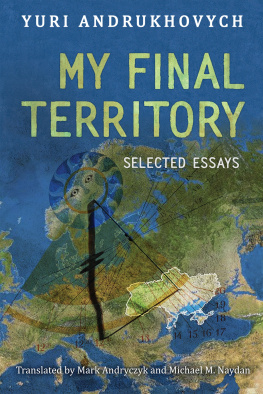
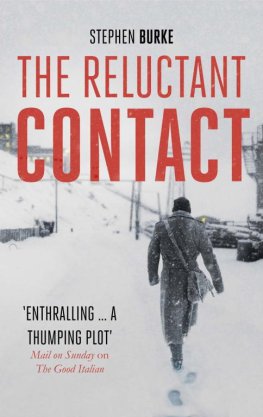
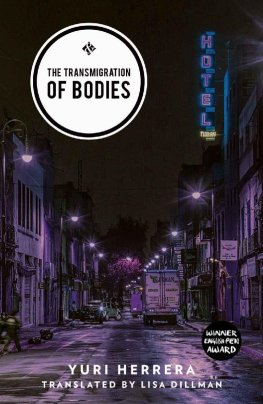



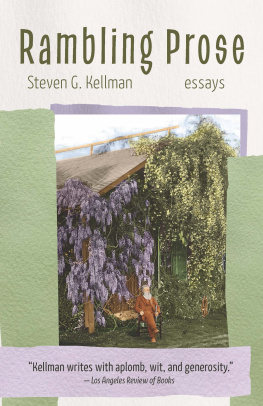
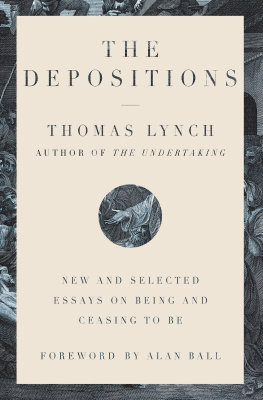
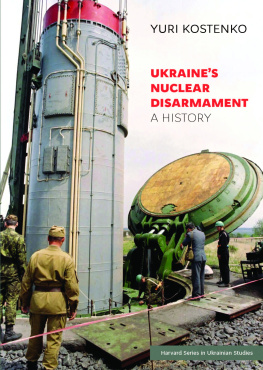
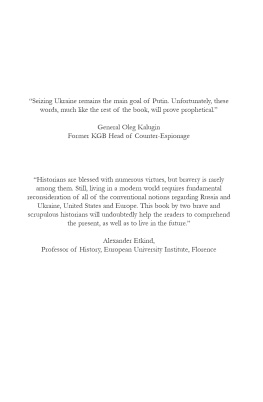
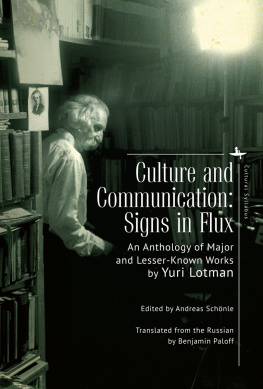

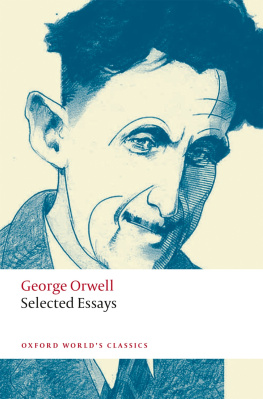

 Printed on acid-free, 100% post-consumer recycled paper with vegetable-based inks.
Printed on acid-free, 100% post-consumer recycled paper with vegetable-based inks.
